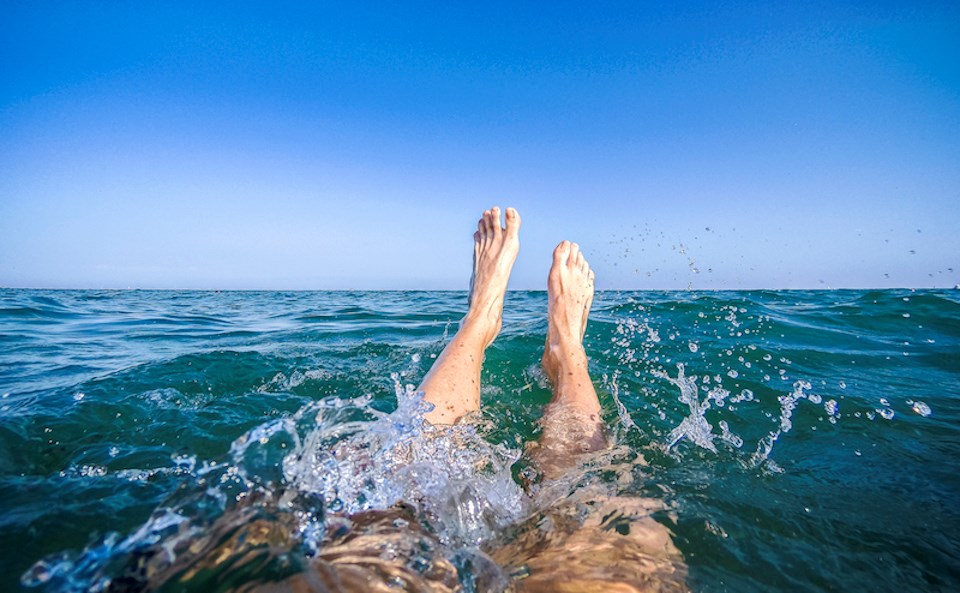Metro Vancouverites looking to hit a beach over the May long weekend will find information about water quality available online.
But anyone who was looking for advice before hitting a beach over the record-breaking hot Mother's Day weekend was out of luck.
This year, scores of locals flocked to city beaches over the past couple of weeks and got in the water despite not having information about advisories.
Vancouver Coastal Health (VCH) doesn't post water advisories until the May long weekend, which it considers the "unofficial launch of beach season."
Due to climate change, however, the start of "beach season" might start happening earlier. Temperatures across the planet are expected to surge to record levels over the coming five years as a naturally occurring El Niño event collides with the effects of human-caused global warming, the World Meteorological Organization (WMO) said on May 17.
The WMO's regional models show B.C. will likely face hotter-than-average summer temperatures over the next five years.
Evolving Metro Vancouver weather patterns may prompt early start to beach season
VCH recognizes that this may be an issue moving forward and that "new seasonal patterns are expected." In turn, it may adjust the start of its Beach Water Monitoring Program in the future as "emerging data" becomes available, a spokesperson told V.I.A.
Throughout the summer months, beach-goers can go online to check out the water advisories for beaches and lakes across the VCH region. It maintains a map that shows places that are not safe for swimming due to the presence of E. coli, a bacterium commonly found in the intestinal tract of animals and humans.
High counts of E. coli in recreational water may increase the chances of gastrointestinal, and upper respiratory illnesses, and skin/eye infections.
While Metro Vancouver begins collecting samples in April, a VCH spokesperson told V.I.A. that these samples take about 30 days to "generate the geometric mean" that it can post online.
This year, the water quality update went live on May 17 and no advisories are in place.
Water monitoring program gets new feature as Vancouver heats up
Health Canada introduced new Guidelines for Canadian Recreational Water Quality 2023 that require beach operators to investigate water quality issues when a result reaches 235 E.coli/100 mL.
There will be a yellow flag icon on the VCH Beach Water Quality webpage when an investigation is underway. The icon does not indicate a public health risk but that resampling is required to "determine if environmental factors, such as weather conditions or wildlife populations, may have influenced the sample result."
Sun-worshippers looking for a place to cool off can check the VCH beach water quality map for information about current advisories.




